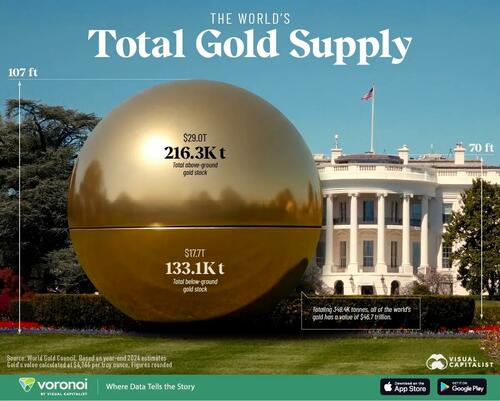Washington and Islamabad, once seen as perpetually bickering partners, have been on a whirlwind courtship. Scarcely a year after the fall of Kabul, the US has approved a $450 million package for Pakistan’s F-16. Top leaders, including foreign ministers and army chiefs, have met. As New Delhi frets about a reset, Mint breaks down the developments in the US-Pakistan relationship:
What is the background?
The partnership between the US and Pakistan has been on a weak wicket for some time now. In 2018, then president Donald Trump suspended military aid to Pakistan given suspicions that the country was not doing enough to fight terror. Tensions between both countries further spiralled after the fall of Afghanistan in September 2021. There remains a widespread perception in Washington that Islamabad aided and abetted the Taliban throughout its long insurgency against American forces fighting in Afghanistan. This, along with America’s increasing proximity to India, meant that the bilateral relationship had few backers. Matters took a turn for the worse when former prime minister Imran Khan accused the US of backing an internal coup to remove him from office.
You might also like
Can we trust Global Hunger Index ranking?
HUL goes shopping to widen product portfolio
Tech firms say no to exorbitant counter offers, salaries plunge
Infosys has beaten TCS 5 times in 9 quarters in revenue growth
What has happened so far?
Since Imran Khan’s ouster, the bilateral relationship has improved. The US approved a $450 million dollar sustainment package for Pakistan’s F-16 fighters, citing their importance to Pakistan’s role as a counter-terrorism partner. This occurred in the teeth of opposition from India. Washington also hosted both Foreign Minister Bilawal Bhutto and outgoing army chief Qamar Bajwa. After a lengthy gap of four years, a full-time Ambassador finally took up residence. In a move that inflamed public opinion in India, newly appointed Ambassador Donald Bloom visited Pakistan-held territory in Kashmir and called it “Azad Kashmir”. This has sparked fears in India that the US may revert to an earlier policy of playing both sides against each other.
What are the interests on both sides?
Washington has primarily three interests in arresting the freefall in bilateral ties. First, it relies on Pakistan for air routes to conduct “over the horizon” counter-terrorism actions in Afghanistan. Many speculate that the recent killing of terrorist leader Ayman Al-Zawahiri in a drone strike required the use of Pakistani airspace. Second, America wants to prevent Pakistan from lurching too far towards China. Beijing is now Pakistan’s key economic and security backer and enjoys a more positive reputation than the US. Finally, shoring up the current government is the best of bad options. Shahbaz Sharif’s government is being assailed by Imran Khan, who has cast himself as a crusader against the US. Khan’s return to office would precipitate a crisis for Washington’s interests. Pakistan wishes to develop a broader relationship with the US based on its need for an urgent economic recovery after a devastating financial crisis and natural disasters.
Is a broader rapprochement on the cards?
This is unlikely. US Deputy Secretary of State Wendy Sherman noted that the Biden Administration doesn’t see itself “building a broad relationship with Pakistan”. She added, “We have no interest in returning to the days of hyphenated India, Pakistan.” The brief honeymoon in US-Pakistan ties was abruptly broken by President Biden calling Pakistan “one of the most dangerous countries” in the world.
Ultimately, a more limited and tempered relationship is likely to take hold. Cooperation on terrorism, climate change and some economic exchange is likely. However, both sides will likely recognise that any greater ambitions for the relationship are doomed. Suspicion of Pakistan for its closeness to China and its role in the fall of Afghanistan will colour Washington’s view of bilateral ties. Similarly, America’s closeness to India and its determination to undermine China will fundamentally limit Pakistan’s cooperation with Washington.
Elsewhere in Mint
In Opinion, Manu Joseph reveals life hacks one can learn from Ambedkar. Sandipan Deb says the West has overplayed its hand in cornering Russia. Anjani Trivedi argues the American EV strategy is caught up in a geopolitical haze. Long Story surprises by comparing PPF returns with those from the stock market.
Download The Mint News App to get Daily Market Updates.
More
Less















